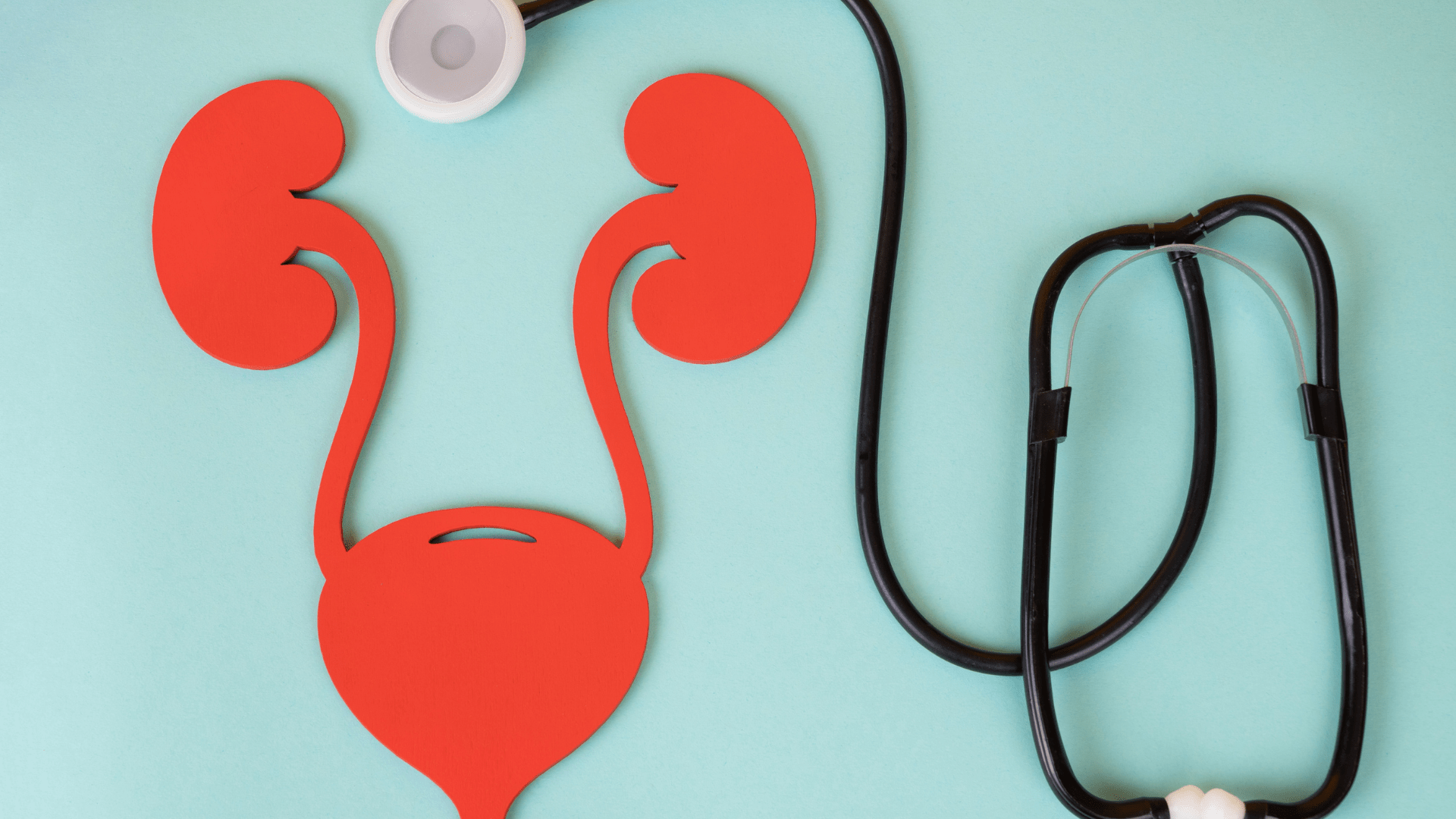If you’ve ever walked into a fertility clinic and left more confused than when you arrived, then you’re not alone. Between the endless tests, the different treatment options, and all the procedures that sound like you need a translator to keep up, it is easy to feel overwhelmed.
You shouldn’t have to feel lost during YOUR fertility journey. You’re there to get clarity, not confusion, and you deserve to understand every step of the way. Asking the right questions isn’t being “difficult”, but it’s about how you take charge of your fertility journey.
So, before your next appointment with your fertility specialist, make sure these 7 questions are on your list.
1. What Is Actually Causing My Fertility Challenges?
Before jumping into treatment for infertility, you need to know the “why”. Figuring out the cause of infertility is like solving a puzzle. Your ovaries, fallopian tubes, uterus, hormones, and even your immune system have to be carefully looked at. In women, infertility could come from issues with ovulation (e.g, PCOS), blockages in the fallopian tube, endometriosis, fibroids, or thyroid disorders. Knowing where the issue lies helps you get the best treatment tailored to your specific needs.
So, ask your doctor for a full breakdown of possible causes of your infertility based on your symptoms, your medical history, and your fertility test results. Understanding the “why” behind your results helps you make informed choices, rather than just going with the flow.
2. Does My Partner Need to Get Tested?
Yes! About 40% of infertility causes are from the male factor (40% are from women, 10% from both the man and woman, and 10% are unexplained). Ask your doctor early on when your partner should get a semen analysis, which looks at the sperm count, how fast they swim, and even their shape.
If abnormalities show up, then further tests can be done to figure out if it is due to your partner’s lifestyle, hormonal issues, infections, varicoceles (enlargement of the veins around the testes), or other medical conditions. Fertility is a team effort. You shouldn’t be the only one being tested, poked, and prodded.
3. What Treatment Options Make the Most Sense for Me and Why?
Fertility is not a one-size-fits-all. The treatment options depend on what your results say, not your neighbour’s or bestie’s results. For example:
- If you have issues with ovulation, then your doctor can recommend ovulation-inducing drugs.
- If there’s some mild sperm involvement, then an Intrauterine Insemination (IUI) can be considered.
- If you have blocked tubes or issues with the quality of your egg, then an In Vitro Fertilization (IVF) may be considered.
Also, ask about the timeline, the cost, and what each step of treatment involves to help you plan better. Don’t just accept the treatment plan, understand it.
4. What Are My Real Chances of Success?
This one matters. Success rates for different fertility treatments can vary based on age, diagnosis, egg and sperm quality, and overall health. Ask your doctor for treatment success rates that also reflect your specific case. This helps you set realistic expectations and emotionally prepare for what’s ahead.
5. What Are The Possible Side Effects of These Treatments?
Fertility medications and procedures can affect your body in real ways, both physically and emotionally. Some common side effects include bloating, mood swings, headaches, and temporary weight changes. In some situations, although rare, ovarian stimulation can lead to a medical condition known as Ovarian Hyperstimulation Syndrome (OHSS), which needs medical attention.
Don’t be shy to ask about what to expect, what’s normal, and when to call for help. You should always know what your body is being exposed to and why.
6. What Lifestyle Habits Can Improve My Chances?
This is one of the most overlooked questions. Your lifestyle can have some impact on your fertility outcome.
Ask your doctor how your weight, stress levels, and other medical conditions (like PCOS or insulin resistance) might be silently influencing things in the background. Also, ask about supplements, nutrition, and how to safely exercise, because not all fertility diets, teas, or hacks online are backed by science.
7. If The Treatment Fails, Then What Next?
It’s a tough question that you might not want to think about, but it is an important one. Fertility treatment isn’t always a straight line. Knowing what Plan B (and maybe even a Plan C or D) looks like helps you prepare emotionally and financially.
Final Thoughts
Your fertility doctor isn’t just there to run tests. They should be your guide and your teammate in this very personal journey. Don’t be afraid to ask questions regarding your fertility journey. You deserve to understand your body, your options, and your treatment plan.
If you’d like to speak with our fertility specialist, click here to get started.





